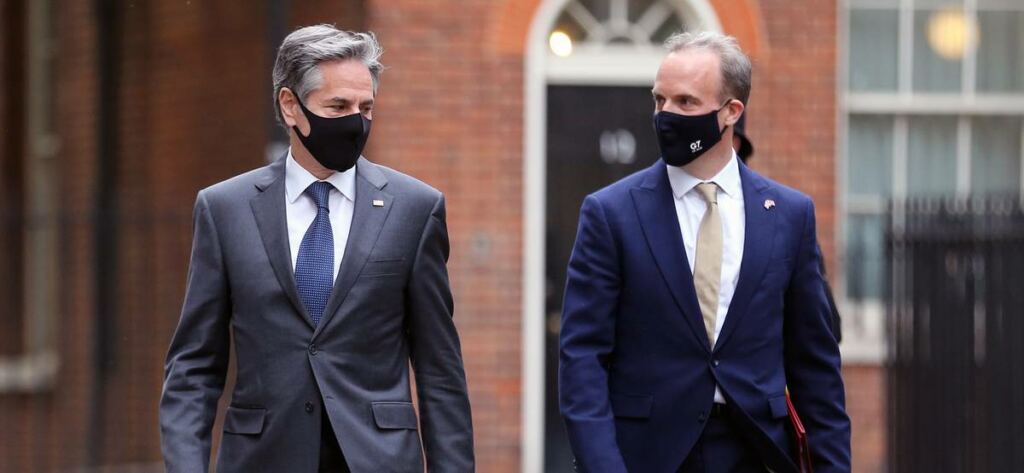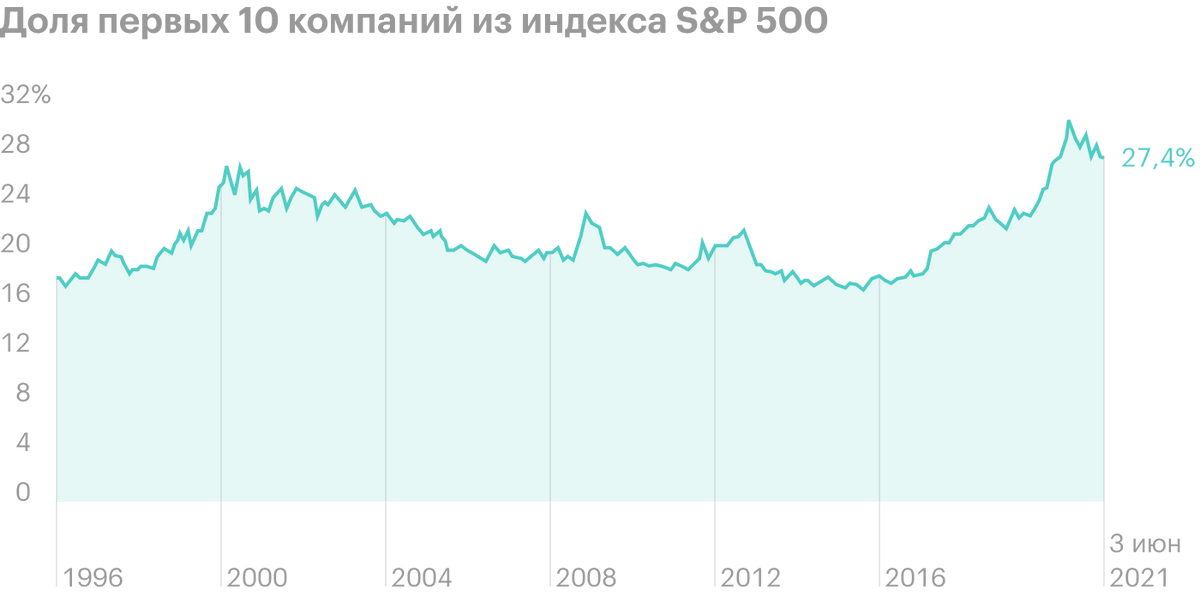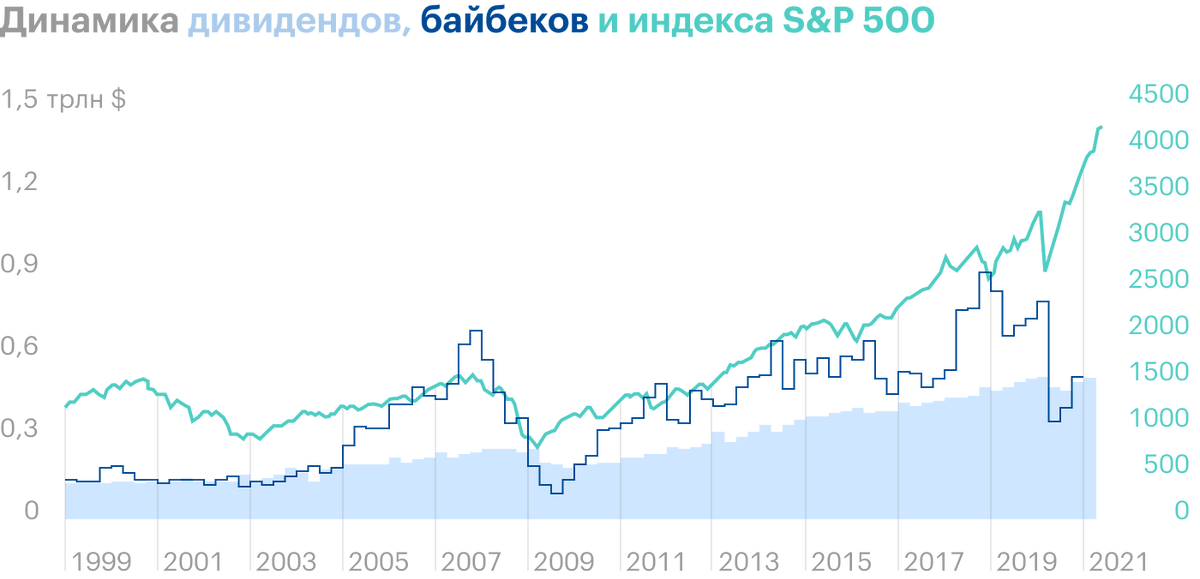
On Saturday, 5 June, Finance Minister Rishi Sunak announced an agreement between advanced countries to introduce a minimum corporate tax rate of fifteen percent: "Now, after years of controversy, G7 money ministers reach historic agreement to transform global tax system, which will be fairer, and the right companies will start paying the right taxes in the right places.”.
US Treasury chief Janet Yellen called the new agreement unparalleled: "The introduction of a global tax rate will end the race for a minimum corporate tax".
The 15% low rate has not yet been approved.. Representatives of various states will continue to discuss the details of the change at the next summits..
The innovation will affect large multinational companies, unblemished marginality of which is more than ten percent. The Cabinet of Ministers of developed countries are alarmed by the, that the profits of huge companies from intangible assets, such as patents for medicines or software, often migrates to the jurisdictions of states with low corporate tax.
A small rate will apply to overseas income companies. If the company earns income in a state with low taxes, then the "native" government will be able to raise the rate to a small. It will not be so profitable for companies to transfer profits to other states, which will help the head of the United States of America, Joe Biden, to carry out the intended tax reform.
Representative of Facebook (Nasdaq: FB) reacted to the news with restrained enthusiasm. "We wish, so that the new tax reform is successful, however we are aware, that Facebook will have to pay more tax payments ", Nick Clegg, vice president of the company, said.
Tech giants have been gaining weight in the S index since 2017&P 500. This is partly due to Donald Trump's tax reform.: the corporate rate was reduced from 35 to 21%, and tax on foreign profits 35 to 8%. Higher taxes will lead to lower cash flows for companies. Part of that money will go to the budget, which are now heading to buyback of shares (байбэк) and dividends.


